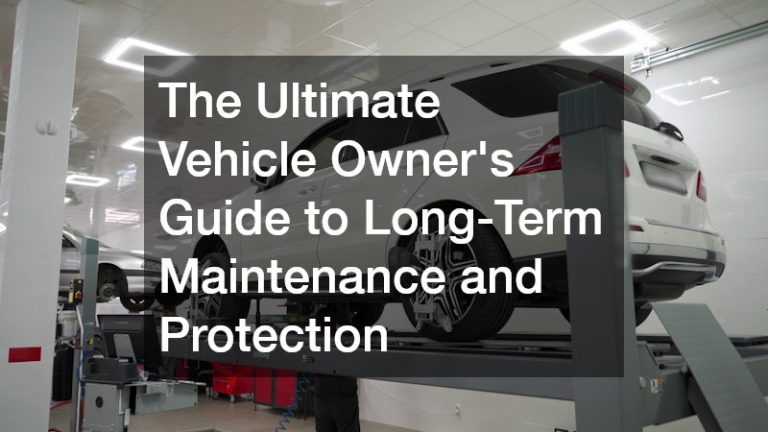
The race for electric and plug-in vehicles is on, and increasingly becoming popular worldwide as people seek more sustainable fuel solutions. Electric vehicles will account for up to 54% of new car sales globally by 2040, according to a 2017 Bloomberg report. Consequently, this means that soon the fuel stations will have to switch to accommodate the EV charging needs. And while EV charging companies look to take advantage of the growing market by providing charging infrastructure to the public, many EV owners are also investing in home charging stations.
So, now that you have bought an electric car, you’re probably wondering how charging actually works? And what type of charging station, plugs, power supply is right for your car? Let’s look at some of the important considerations when choosing a home charging station for your electric car.
1. Charging Power and Speed
The first important factor to consider when choosing an EV charging station is the amount of charging power needed for optimum charging. As a relatively new technology, EV charging companies are investing much resources and time to develop fast-charging stations, though currently many electric cars charge considerably quickly than others. The charging power ideal for your car will depend on its inbuilt onboard charger, but on average the power ranges between 3.7 kW to 22 kW. Mostly, the issue with the 3.7 kW electric car is that it’s limited to EV stations with a maximum charging capacity of 3.7 kW.
2. Type of Electric Charging Plugs in Your Car
The type of home charging station you choose will depend on the electric plugs in your car. There are two standard plug types — type 1 and type 2. If you have, for instance, the type 2 plug electric car, this means that you can recharge only on a charging station that supports type 2 plugs, typically it’s fixed charging cable. So, anyone with a type 1 plug cannot use this particular charging station, unless there’s the right adaptor.
For home EV charging stations, you can consider both options, though type 2 socket is commonly used in commercial charging infrastructures due to its flexibility, as you can easily connect mode 3 charging cable for different cars.
3. Best EV Charging Station Manufacturer
Reliable EV charging companies can guarantee quality products. When choosing your home EV charging station, it’s important to work with an approved manufacturer who can ensure compatibility with your car, availability of replacement parts, repair and maintenance services as well as future updates. Plug-in electric vehicles are now viable for most lifestyles and budgets. With more than two dozen models now commercially available, some 800,000 Americans have made the switch to driving electric. This has been made possible with credible manufacturers and clear policies governing EV technology.
4. Functional EV Charging Station Accessories
To fully take advantage of your home EV stations, you need some essential accessories. For instance, if you’re considering making your charging station accessible to your neighbors who also have electric cars, without utilizing your power, you need a charging station with invoicing function to be able to bill appropriately.
Another component you might want to consider for your electric car charging station is the load management system. This system helps to manage simultaneously charging of electric cars without reducing charging power. A charging car gets to use full charging power. Lastly, you can also generate electricity using a photovoltaic system, which helps converts solar energy to electricity, which you can use to charge your EV and significantly reducing your energy bill.
When it comes to the installation of an EV charging station, you should seek a qualified and experienced electrician who understand the standard requirements and recommendation and can also advise on the best accessories to buy. Most EV charging companies offer professional labor for that.



